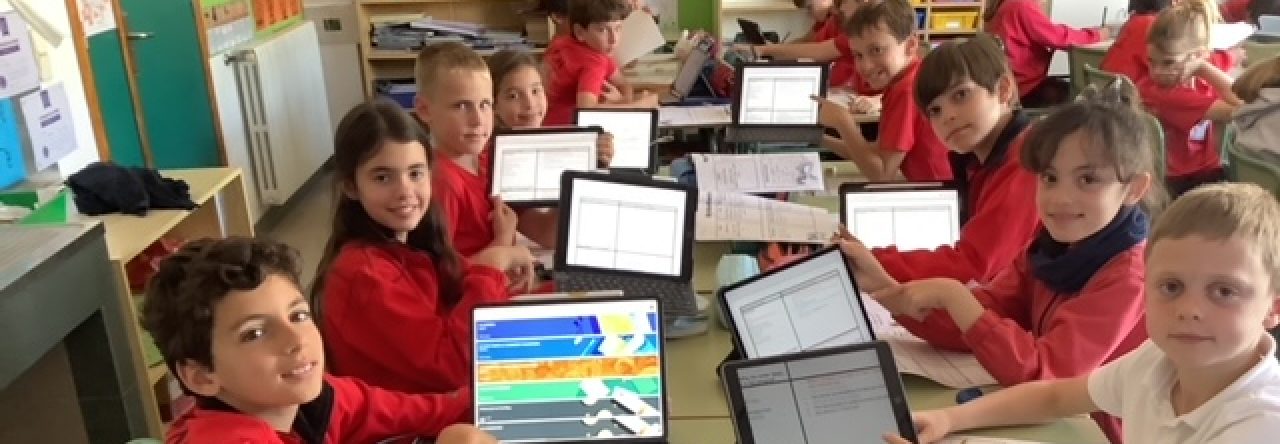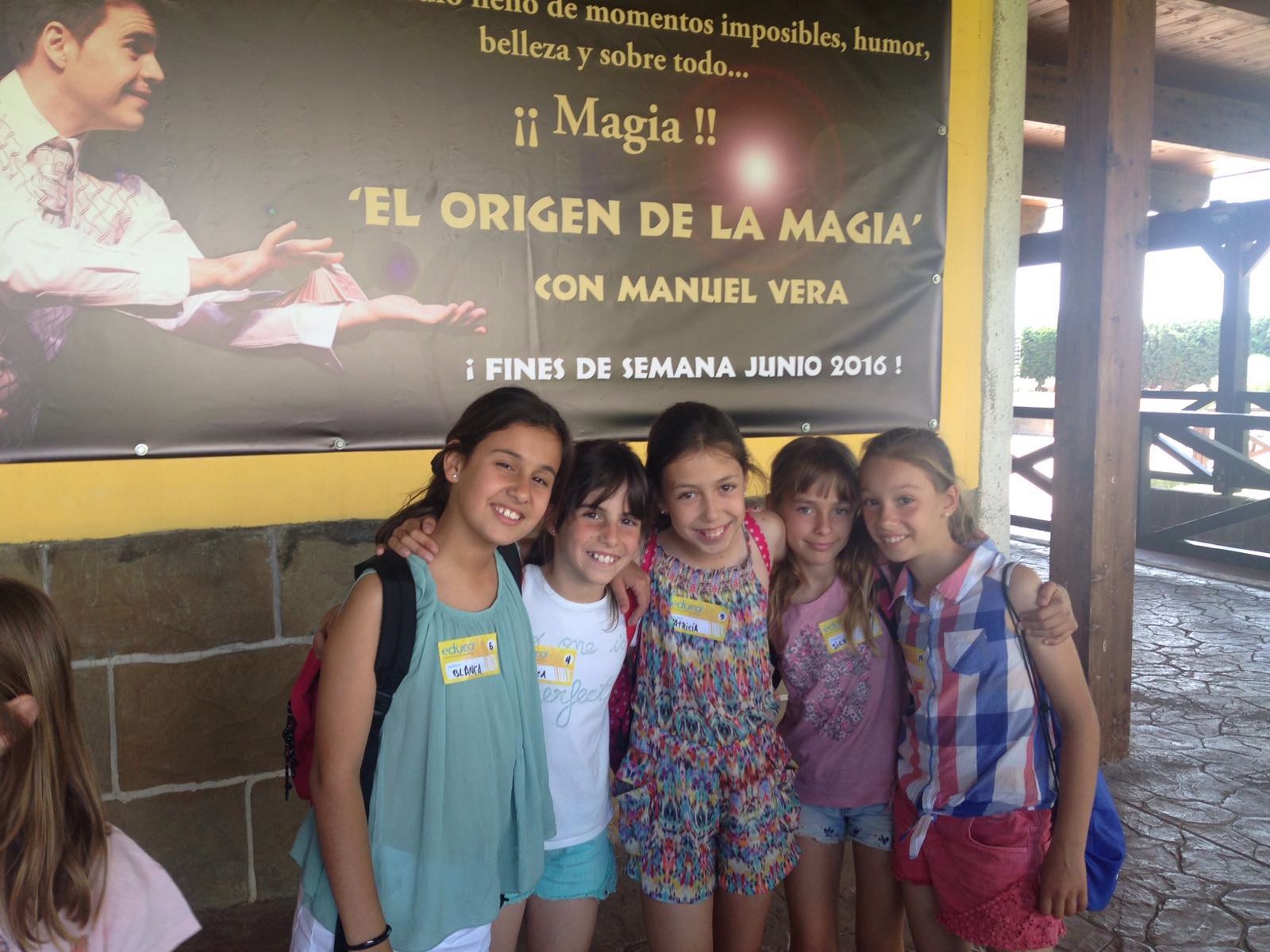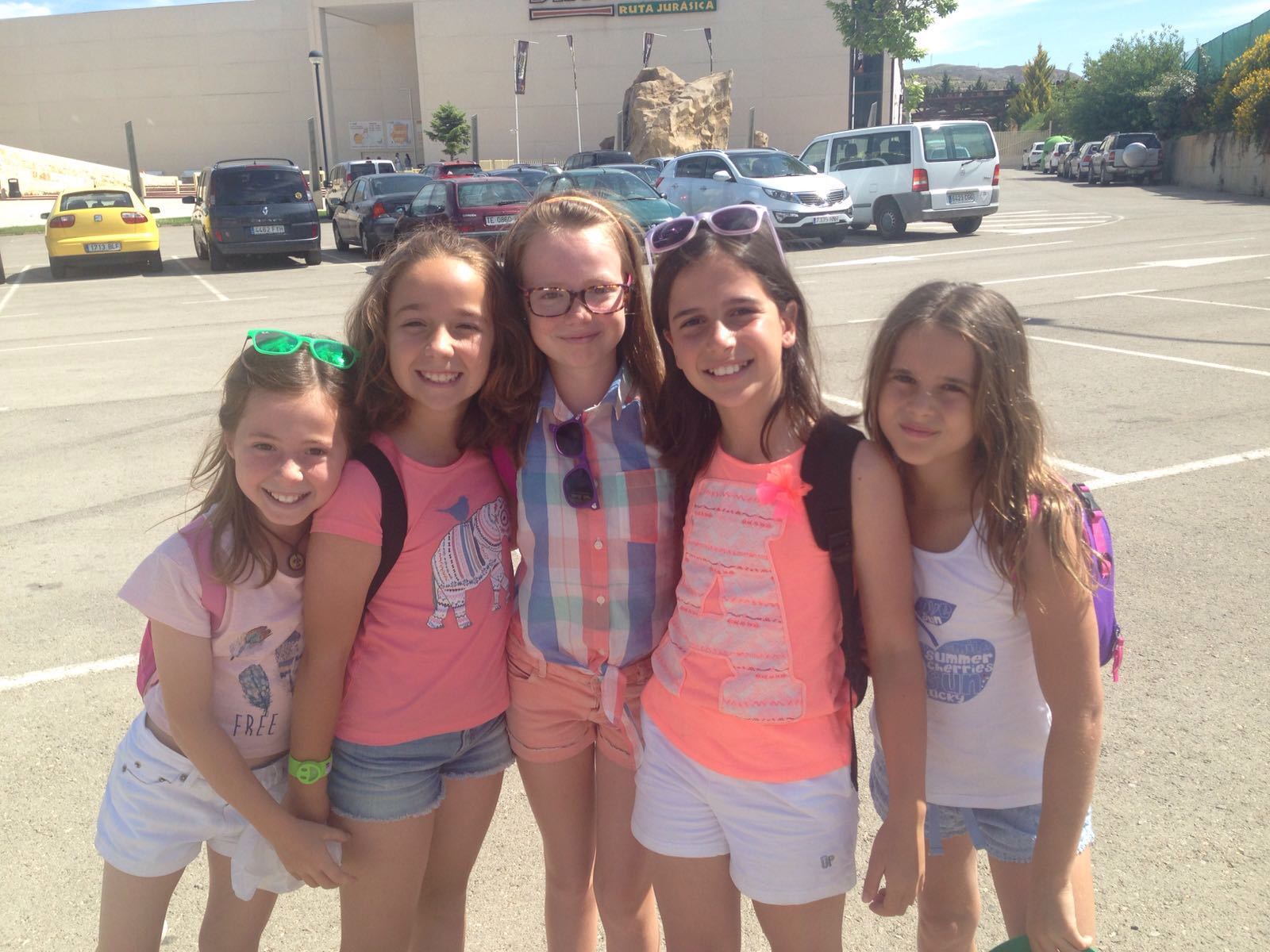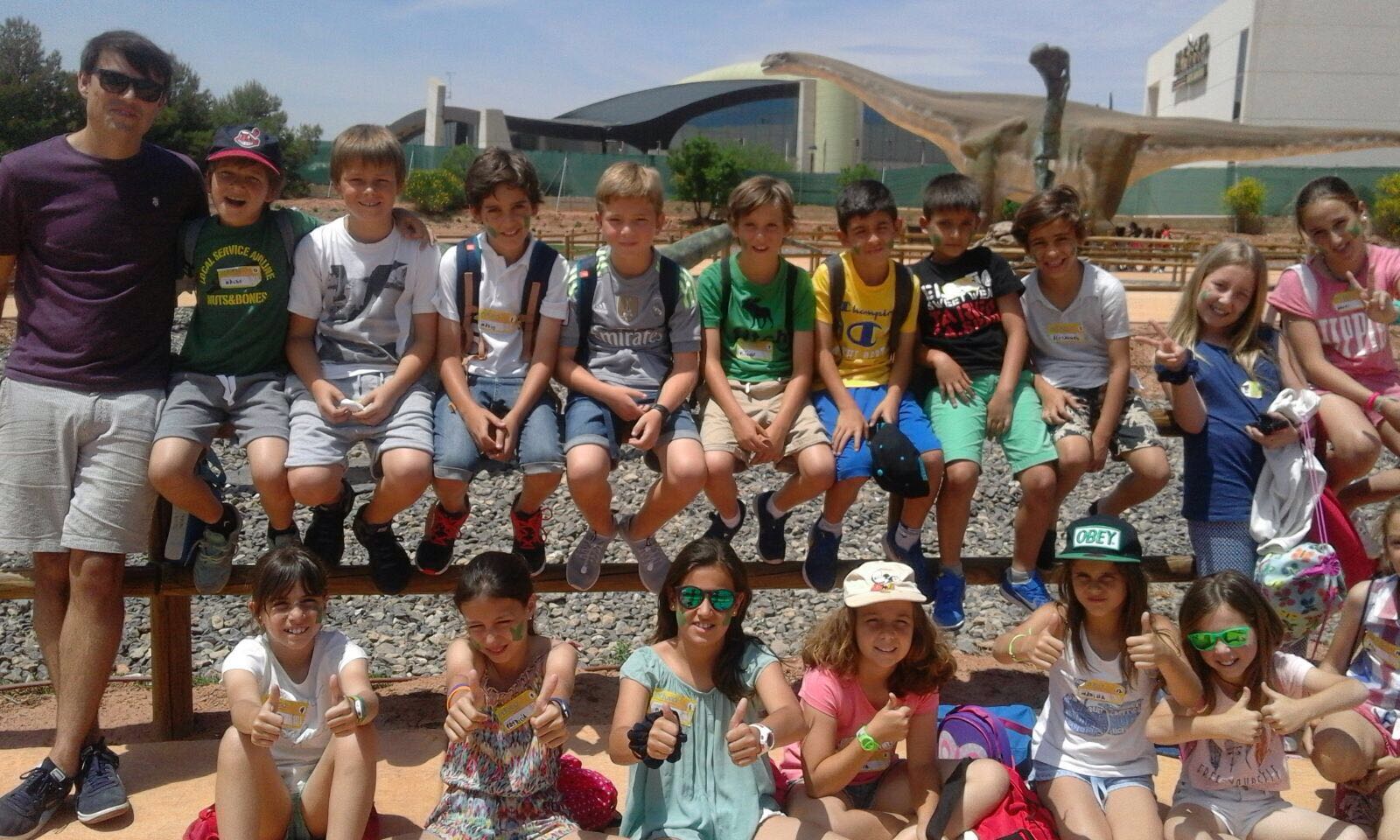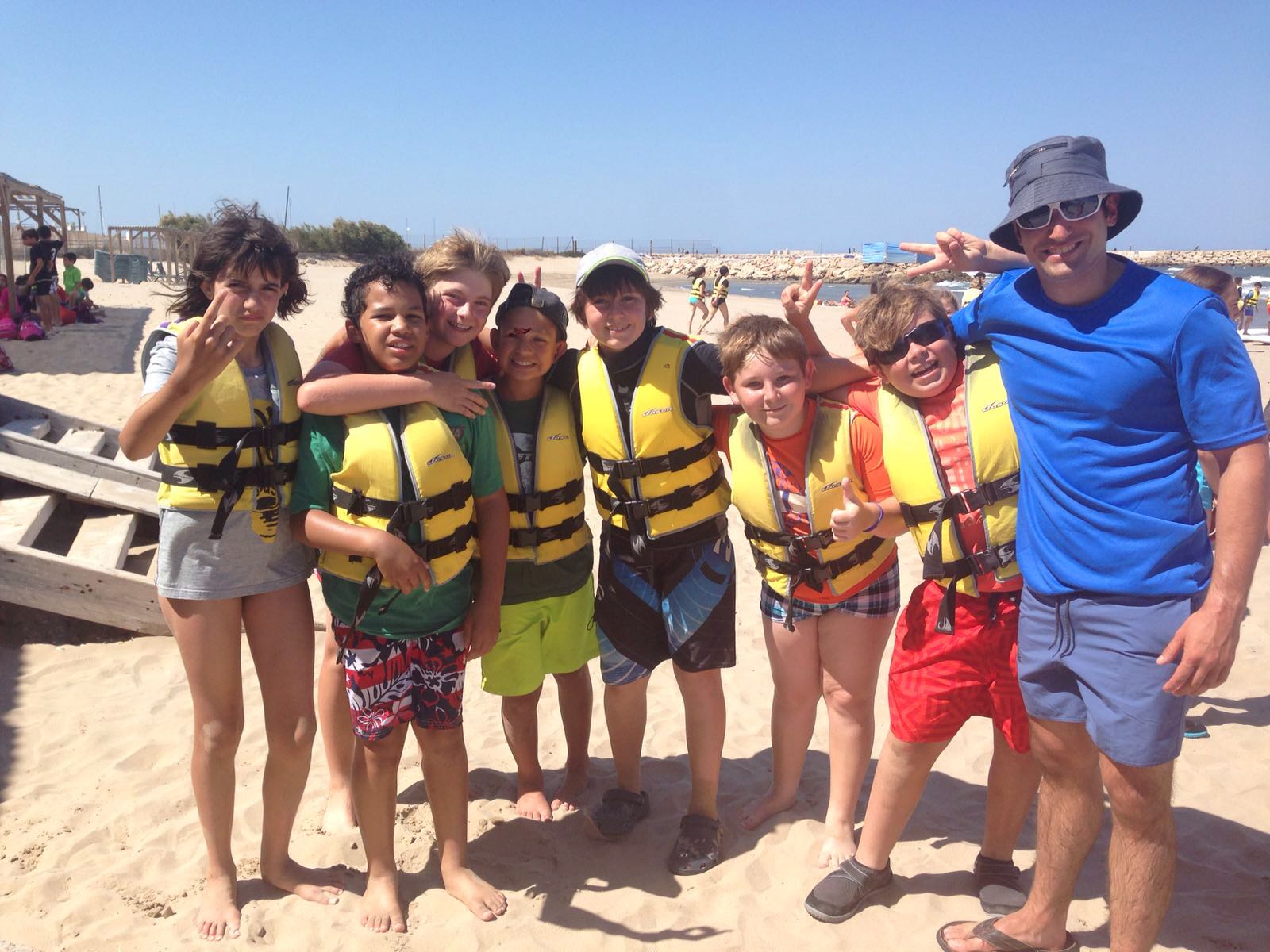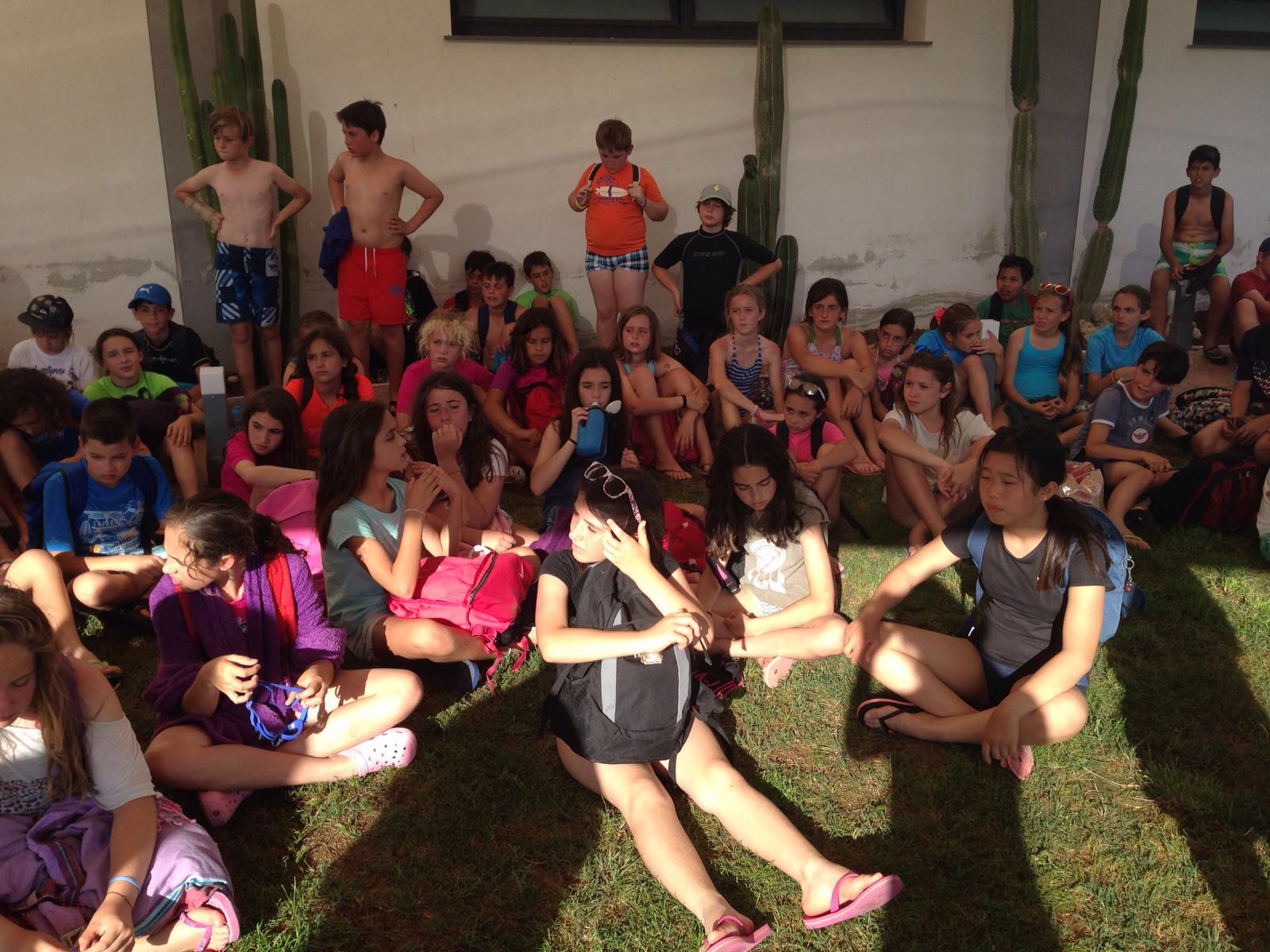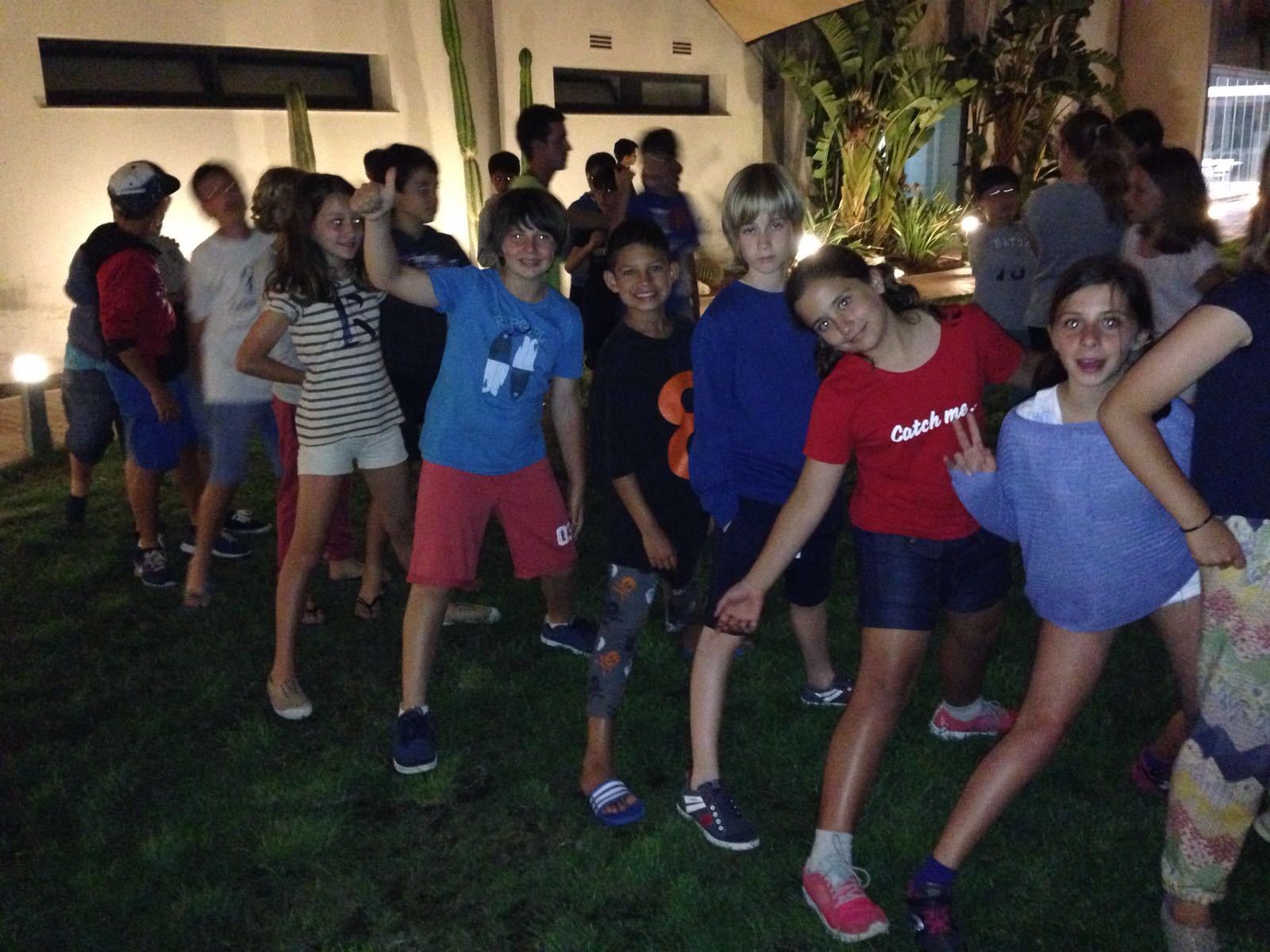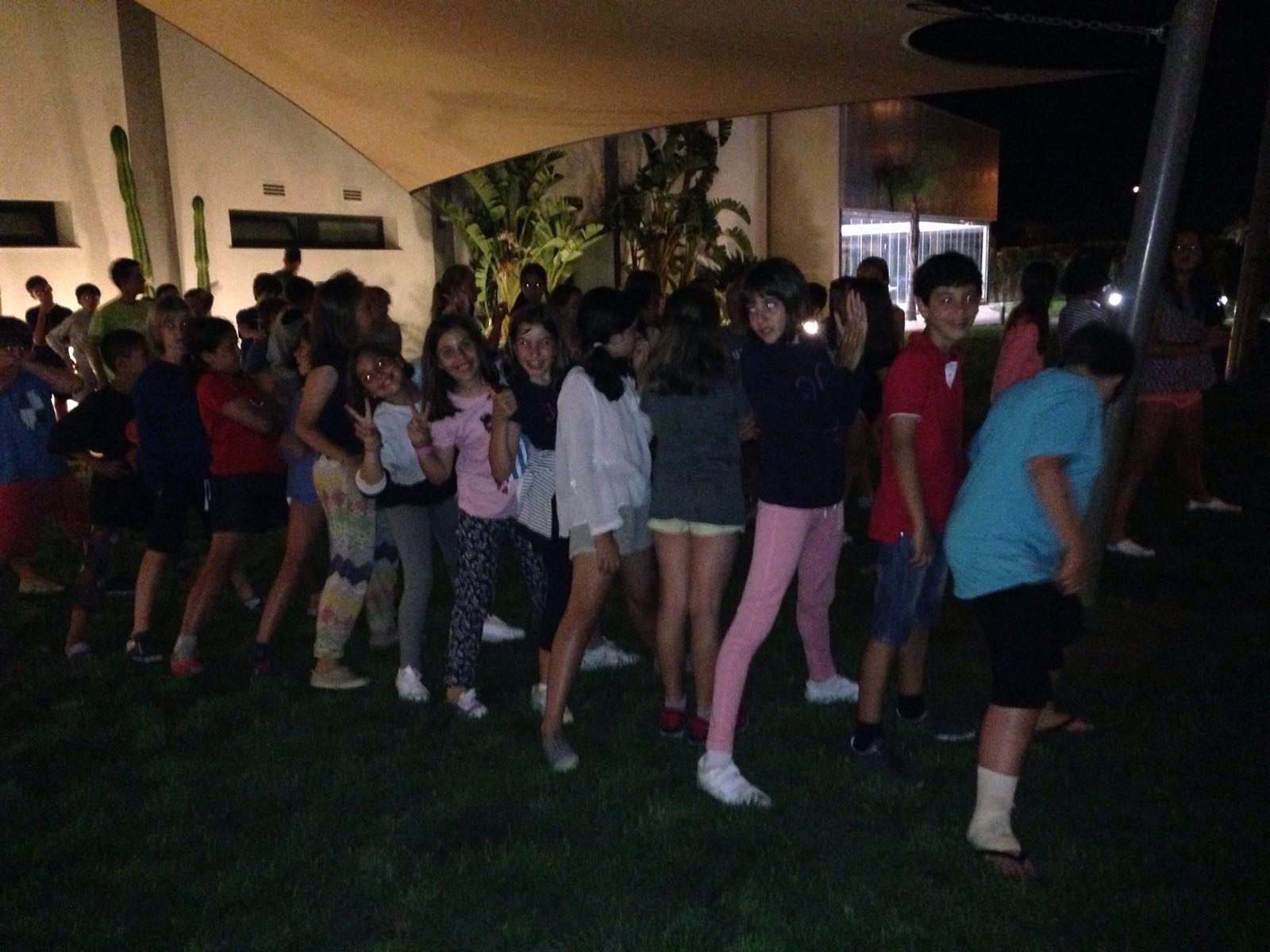Month: March 2022

One of my passions is physics, especially everything related to time travel. Since I read Geronimo Stilton’s time travel book when I was six, I’ve always wanted to figure out the secrets of time travel and the universe. It might sound weird, but there are many interesting things about our universe, things we are just beginning to understand. For example, did you know that if you let an ice cube melt, and waited a long time (a very, very, very long time) the water would, from one second to the next one, turn again into an ice cube. This lets the equally strange (and terrifying) theory of Boltzmann’s brain exist, the idea that, out of an incredibly big nebula, an intelligent entity would have formed, and imagined all of our universe, including ourselves. The idea that ‘we are all a simulation’ later becomes into the plot of a few films, for example ‘Matrix’ or ‘Free Guy’.
You may now be thinking about something I said earlier in the text: what about time travel? Well, if what you’re looking for is to travel to the future, that is perfectly possible. Einstein’s theory about special relativity says it: the faster you go, the slower time passes for you. So, actually, each time you go on the bus you’re traveling to the future, just in jumps so small that you cannot notice the change. This means that 100 years for the rest of the people could be only 20 days for you. It’s true, however, that to make jumps in time of that size it would be necessary to have a lot of energy, energy that we don’t have. So until we figure out how to store a big quantity of energy in a small amount of space, we’ll just have to deal with the minuscule jumps in time that traveling in cars make possible.
Now let’s get on to traveling to the past. This is quite more complicated, as it is not natural for time to go backwards instead of it going forward. The idea of traveling to the past is a subject that has always formed a lot of debate in the physics world. A few ideas have been formed about ways to travel to the past, for example closed temporal curves. Closed temporal curves are curves that appear in time when matter is spread evenly through space, filled with exotic matter, and made to rotate on a fixed point. If you traveled on a closed temporal curve and made someone look at you from the outside, the person outside would actually see how your future self arrived behind you before you had even moved. This however has been accused as being very artificial, as the circumstances needed would not naturally occur in any point of the observable universe that we know of. Someone might be shouting “Hey, what about wormholes?”. Well, sadly, recent studies say that it would take longer to travel on the inside than on the outside, meaning that through a wormhole travelling it might take 200 days just to get to yesterday.
The history of physics itself is also fascinating, all the discoveries and innovations made leading to all the information that we now have at our reach. All of human history has been determined by physics, from simple machines to the incredibly complicated quantum physics. All of this, the understanding of the cosmos has always intrigued human curiosity. We have always been learning constantly about the rules of the universe, but it is now that we are really progressing, our knowledge doubling each 13 months. Right now is the most interesting time to be alive, with constant innovations in all fields of science, all led by the basic rules of physics. In the next few years, we might uncover many mysteries of the universe. But nothing will be possible without any of the people who dare to look at the unknown, and discover the terrifying and awe-inspiring secrets of the universe. So, chin up! You may be the next Einstein.

